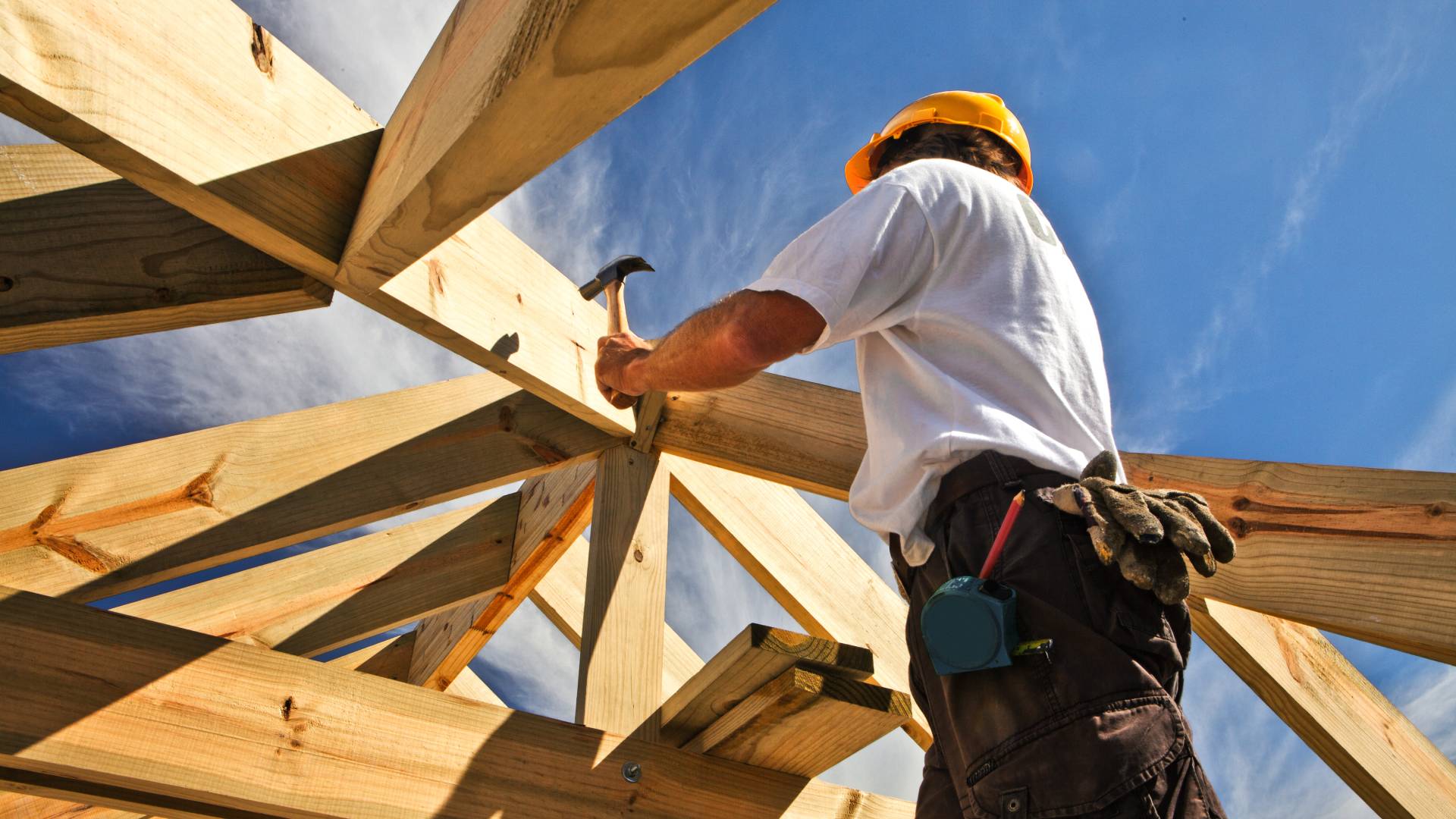Security Tips for Independent Construction Contractors

Security awareness is essential for independent construction contractors. Whether you’re managing a large site or working on a small project, ensuring the safety of your materials, tools, and personal well-being can significantly impact your work efficiency and peace of mind. Continue reading to explore six practical security tips every independent construction contractor should implement.
Secure Your Site
Securing your construction site is the first step in preventing theft and vandalism. Start by installing robust fencing and proper lighting around the perimeter. Nighttime visibility deters potential trespassers. Use security cameras to monitor the area. Don’t forget to lock up materials in secure storage units when they’re not in use. A well-secured site can save you time and money by reducing the risk of costly delays.
Protect Your Tools
Safeguarding your tools and equipment is a top priority. Mark your tools with identifiable engravings or paint to make them less appealing to thieves. Store them in locked boxes or designated storage areas, especially when you leave the site. Investing in tool insurance provides additional protection, ensuring you’re covered in case of loss or theft. By taking these simple steps, you can proactively prevent truck bed theft and other common forms of tool loss.
Personal Safety
Always wear appropriate safety gear, including helmets, gloves, and high-visibility vests. Stay aware of your surroundings and communicate with your team regularly. If you work alone, inform someone of your location and expected return time. By prioritizing your safety, you minimize the risk of accidents and ensure a smoother workflow.
Secure Your Digital Footprint
Securing your online information is as important as protecting physical assets. Use strong, unique passwords for your online accounts and enable two-factor authentication where possible. Regularly back up your project data and store it in a secure, cloud-based service. Keeping your digital footprint secure helps protect sensitive information and maintains the integrity of your projects.
Emergency Preparedness
Being prepared for emergencies can make a significant difference in critical situations. Have an emergency plan that includes evacuation routes, emergency contact numbers, and procedures for various emergency scenarios. Have a first-aid kit and necessary safety equipment on site and ensure everyone knows their locations. Regularly review and update your emergency plan to stay prepared for any unexpected events.
Implement Security Measures
Implementing these security measures in your daily work practices can enhance safety and efficiency. Start by assessing your current security protocols and identifying areas for improvement. Commit to regularly reviewing and updating these measures to avoid potential threats. Your proactive approach to security will protect your assets and contribute to a safer and more productive work environment.
Independent construction contractors can protect their sites, tools, and digital information by following these tips. Take action today to integrate these practices into your routine and enjoy the benefits of a more secure work environment.






